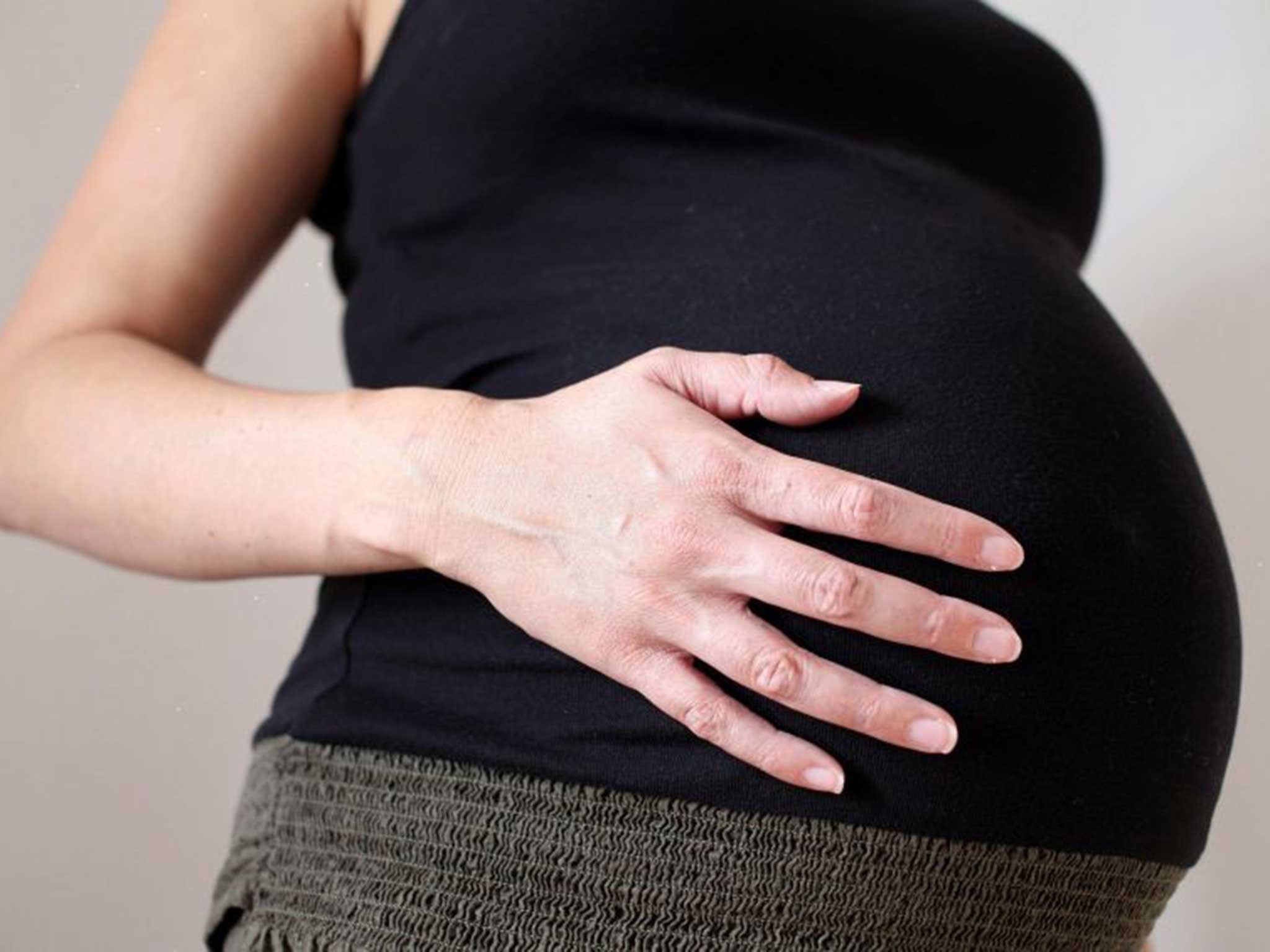We shouldn't be locking up pregnant women addicted to alcohol, we should be helping them
If drinking while pregnant becomes illegal, it will only criminalise some of the most vulnerable members of our society

When I went to university in 1998, we only had to pay £1,000 for our tuition fees, banks were throwing loans at us, and shots were less than £1 in our student bar. This was the golden age of binge drinking and I carried on way into my twenties.
If I had got unintentionally pregnant without knowing it in my twenties I would definitely have been drinking, and possibly heavily, up until I found out. Even then it might have been hard to remain 100 per cent tee-total, simply because of the culture I lived in and the confusing advice available. But if that happened to me under what may about to become law, I could have ended up in jail.
Drinking while pregnant could become a criminal offence if a landmark case in the North of England finds a six-year-old girl is entitled to criminal injuries compensation after she was left with growth problems associated with foetal alcohol sydrome (FAS) and caused by the mother’s alcohol consumption during pregnancy. FAS are a series of preventable birth defects caused by a woman drinking alcohol at any time during her pregnancy, often even before she knows that she is pregnant.
If this case succeeds we are going into dangerous territory where the behaviour of pregnant women is policed, and the most vulnerable women will be criminalised instead of being offered help.
I know an awful lot of people who have conceived under the influence. I also know women who have accidentally drunk heavily or even taken recreational drugs while pregnant. Accidentally because that was a normal part of their social life and they did not know they were pregnant – which is surprisingly common.
In the US in 2006, almost a half of pregnancies were unexpected, according to the National Library of Medicine. In Britain last year a national survey concluded that 55 per cent of pregnancies were “planned”, against 16.2 per cent “unplanned” and 29 per cent “ambivalent” – which I’m assuming could still be a surprise. It also found “the majority of unplanned pregnancies occur in women aged 20 to 34 years” – exactly the point where many women are partying.
Unless we start a new ban on women of childbearing age being allowed to buy a bottle of Pinot Grigio there will always be women drinking during part of their pregnancy, and then, like so many other dangers in life, it will be luck of the draw as to whether the child is adversely affected.
Then what could instigate an investigation? Your ex-partner accusing you during a divorce? And if you are accused will or won’t you have the legal resources and money to persuade a court you were unaware you were pregnant at the time you consumed the glass of prosecco?
The real issue here has got to be women who, even when they know they are pregnant, cannot stop drinking. Punishing them once their baby is born and showing symptoms of FAS is the very definition of shutting the gate once the horse has bolted. Drug use and depression are common in women who have unplanned pregnancies – so it’s exactly the women who are likely to be drinking more who might not know they are pregnant. These women need support, not a new level of stigma that may scare them into not seeking the help they need.
In July an American woman was the first to be charged under a new state law that makes it a crime to take drugs while pregnant. Mallory Loyola, 26, was arrested after both she and her newborn infant tested positive for meth. The Monroe County Sheriff Bill Bivens told WATE-TV: “Hopefully it will send a signal to other women who are pregnant and have a drug problem to seek help. That’s what we want them to do.” Really? Because I’m not sure locking women up and taking their baby away from them will encourage addict mums to get help.
The effect of criminalisation on addicts and alcoholics is well-documented. Addiction can be a powerful survival strategy, learnt at a young age, much more powerful than pregnancy and the chance of harm to an unborn baby. Sometimes getting pregnant is the coveted “wake-up call”, sometimes the addiction is too strong. And it’s these women who are most vulnerable that we need to be concerned for.
We need to be coming up with strategies for engaging women at risk of continual alcohol and drug use in services that will help and support them and their children.
Our time, energy and resources would be better spent helping everyone to learn to deal with the normal stresses and strains of life without needing to turn to booze.
Join our commenting forum
Join thought-provoking conversations, follow other Independent readers and see their replies
Comments
Bookmark popover
Removed from bookmarks